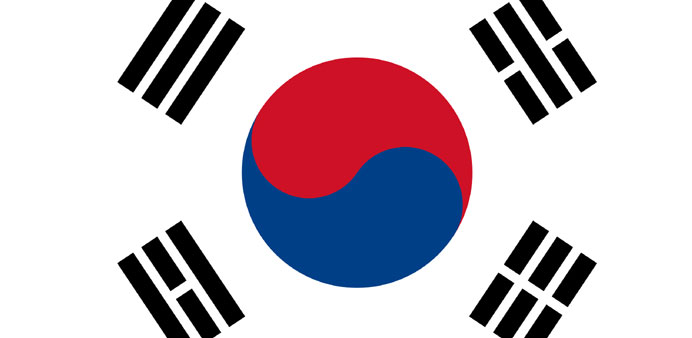AFP/Osaka
South Korean soldiers were guilty of abusing women in wartime, a Japanese mayor said in comments reported yesterday, days after he provoked a storm by labelling WWII sex slaves a military necessity.
In a remark that provoked a sharp response from Seoul, further stoking tensions, Osaka mayor Toru Hashimoto said the South Korean military used women for sex during the Vietnam War.
Sex slavery is a particularly sensitive issue in Korea, a former Japanese colony whose people made up many of the around 200,000 “comfort women” forcibly drafted into brothels for the Japanese military during World War II.
Hashimoto said last week these women served a “necessary” role keeping battle-stressed soldiers in line, setting off a volley of criticism from countries under Japan’s yoke in the 1930s and 1940s as well as from the US.
In the days since his original comments, Hashimoto, the co-leader of the national Japan Restoration Party, has continued to fan the flames with each new pronouncement, many of which have been on Twitter.
“Japan was bad,” he told a party meeting on Monday, the Asahi Shimbun reported yesterday. “It is true that we used women to solve the problem of sex on the battlefield.
“Having said that, America, Britain, Germany and France, and even the South Korean military in Vietnam after WWII, they all used women to address the issue.
“Japan was bad, but you all should face up to history. This is what Japanese politicians must say,” the Asahi quoted him as saying.
Under military strongman Park Chung-Hee, the father of current President Park Geun-Hye, South Korea deployed a total of more than 300,000 soldiers to Vietnam in the 1960s and 1970s to support US forces.
There is no mainstream evidence that any modern military, other than that of Japan up to and during World War II, employed any system of sexual slavery.
In Seoul a South Korean foreign ministry spokesman said Japan’s political classes needed to “correct anachronistic ways of thinking”.
“We can’t help finding it deplorable that the Osaka mayor continues to make comments that hurt the feelings of the women forced into sexual slavery and to gloss over fundamental problems... with all this talk about what South Korean soldiers did,” he said.
“We are truly worried about the direction in which Japan’s leading figures are trying to take the country and what they are trying to teach the younger generation.”
However, two weekend surveys showed few Japanese had much truck with Hashimoto’s opinion, with up to 75% of respondents in one poll saying his comments were inappropriate.
Hashimoto’s political ally and party co-leader Shintaro Ishihara - a man also known for his nationalistic views - reportedly advised his younger colleague to stop Tweeting.
The octogenarian, who rose to prominence as a novelist and essayist, said the 140-character format was not long enough for a proper explanation of a position.
But Hashimoto, who has more than a million followers, rejected the criticism, saying Twitter is “an important tool to convey views”, the Daily Sports and Sports Hochi tabloids said.

